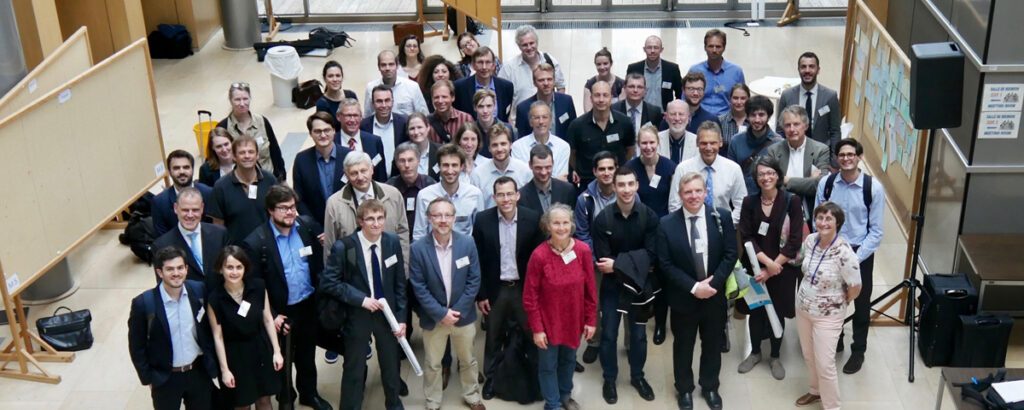1st Conference “Energy Modelling Platform for Europe”
May 31st 2017 – The first conference “Energy Modelling Platform for Europe“ (EMP-E) has taken place at the European Commission in Brussels, Belgium on May 17th and 18th 2017.
The EMP-E was organized within the scope of the REEEM Project as part of the work package headed by Reiner Lemoine Institut. The RLI acted as the main organizer of the conference with the support of the European Commission and the Royal Institute of Technology Stockholm (KTH). REEEM is a modelling project for European pathways for energy system transformation funded within the Horizon 2020 (H2020) framework.
“We look back on two days filled with a great spectrum of technical expertise provided by independent researchers and policy makers”, says conference organizer Berit Müller, Head of the team Transformation of Energy Systems at RLI. “Everyone gave an enormous amount of input on international energy system modelling projects and filled the stage with very diverse topics for discussions, giving a great overview on the international effort on energy system analyses.”
The contributions started with expectations and insights concerning energy system modelling at European Commissions level and with presentations about modelling efforts of important H 2020 projects, such as the EUCalc and the four LCE (low carbon energy) projects. Later, presentations about pathways, sector coupling, case studies, models, and transparency were given by representatives from various international institutions. The conference was concluded by a poster session, a set of interactive panel discussions, and focus groups.
During in-depth debates about different modelling approaches, discussions were dominated by the question how to bridge the gap between policy questions and models, as well as by the need for open databases in order to increase transparency and reproducibility.
“In the long run, it will be very important to not just hold a great conference once a year, but to put great effort into improving and using joint global platforms and international networks if we want to maximize the benefit of EMP-E”, summarizes Berit. “Ultimately, we need a place to communicate and compare scenarios that can be used by researchers as well as policy makers. We need to be able to answer questions on how different models work and what their limitations are. We also need exchange about what is actually still missing and needed.”
The first EMP-E has set the base for this endeavor and has shown that there already is a shared mindset within the community and a great willingness to cooperate. Many participants reported that they leave Brussels with hope for future shared solutions and that they look forward to working on the addressed problems until the next EMP-E conference.
The RLI would like to thank the European Commission for hosting the conference.
